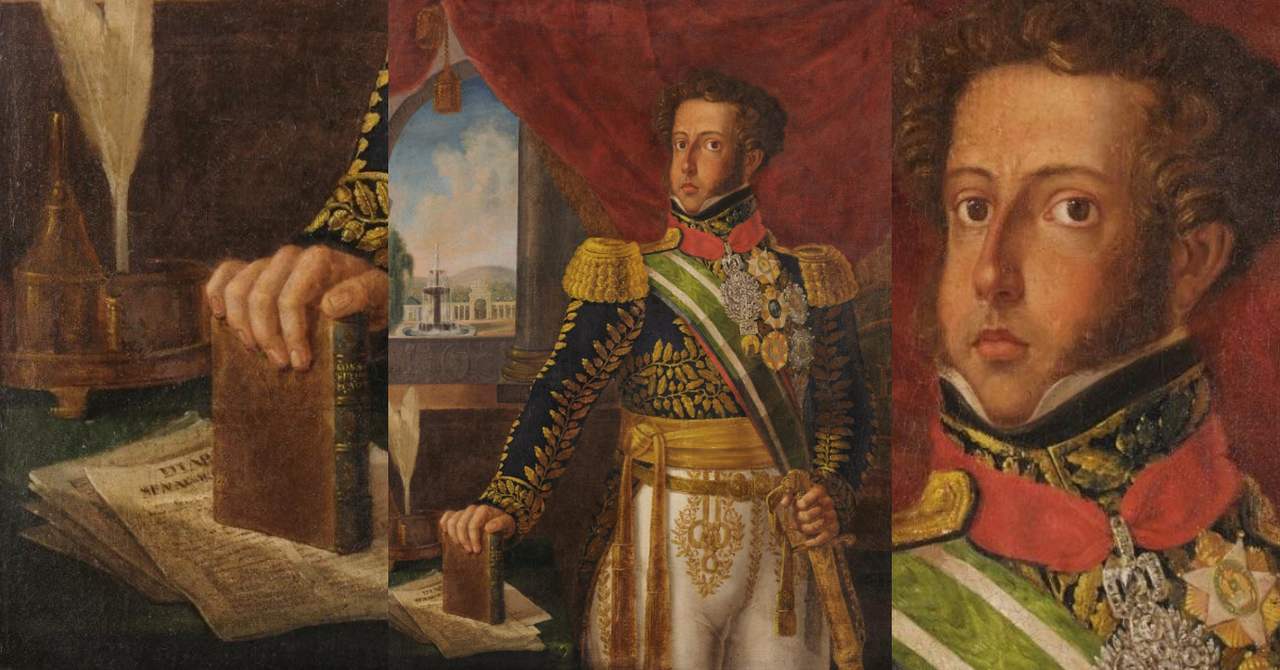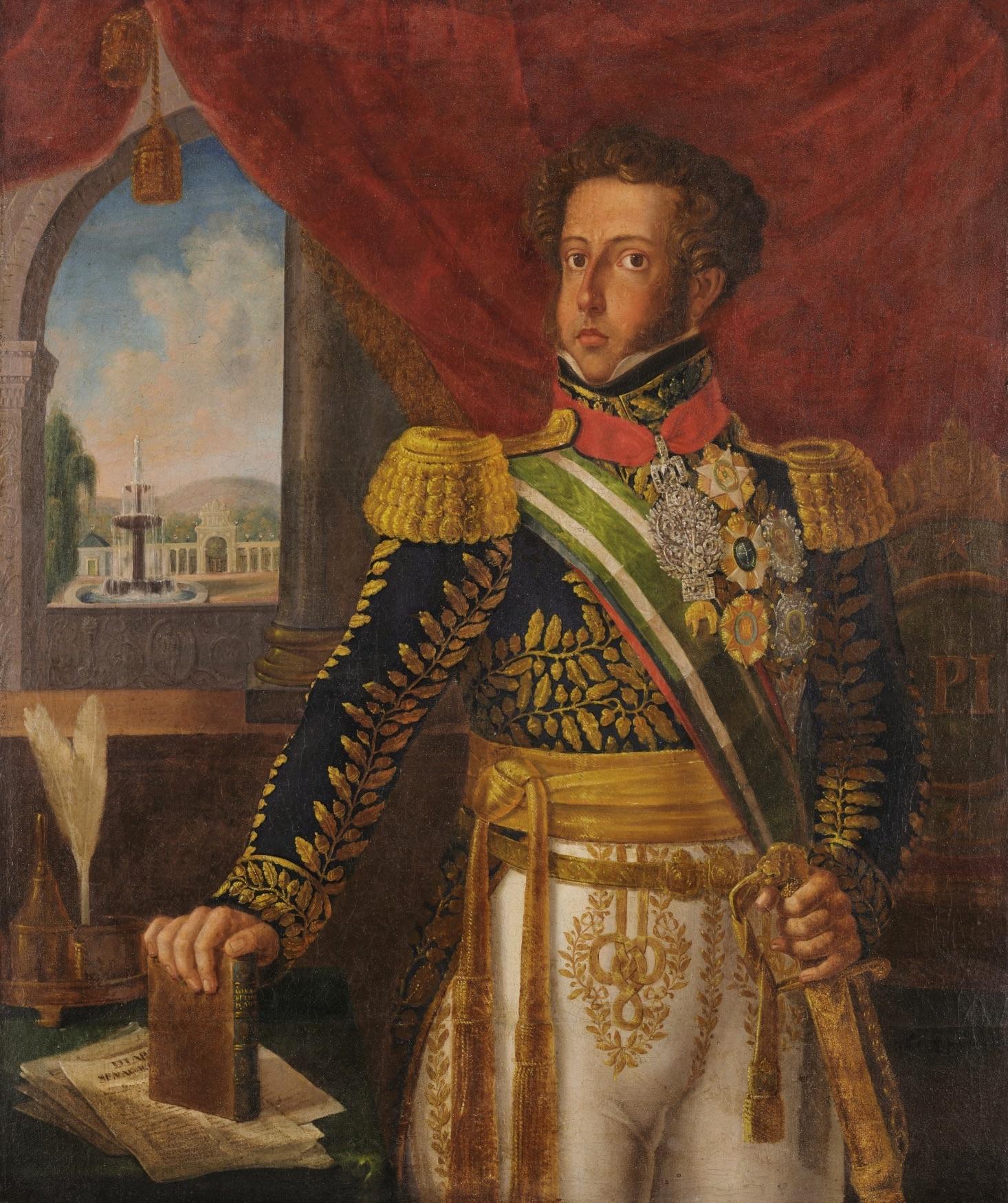Following Brazil’s declaration of independence, the country was focused on creating its first constitution. In 1823, one year after the separation from the Kingdom of Portugal, a constituent assembly was formed, but it had a highly interventionist nature and envisaged significant state involvement, contrary to the ideals of Dom Pedro I. For this reason, the emperor dissolved the constituent assembly and personally issued a new constitution, promulgated on March 25, 1824.

According to the book “A história do Brasil pelas suas constituições” by Rodrigo Saraiva Marinho, the little-known Mandioca Constitution, our first constitution, was also drafted by a constituent assembly in 1823. However, Dom Pedro I (1798-1834), at the time the Emperor of Brazil, believed it had an interventionist bias. Therefore, he dissolved the assembly and, with the help of a council, drafted the Constitution of 1824. This constitution remained in effect until 1891, lasting almost seventy years, making it the longest-lasting constitution in Brazil and providing the country with its longest period of stability.
The Constitution of 1824 was the third oldest written constitution in the world, being younger only than the English Magna Carta and the American Constitution. Since then, there have been seven constitutions, including the Constitutional Amendment of 1969 and the current Federal Constitution of 1988.
The Empire’s Constitution allowed for many possibilities of adaptation and could still be in effect today, with the necessary adjustments, if they wanted to change the monarchical political system to presidentialism. There was also the possibility – which liberals and, especially, anarcho-capitalists like – of banishment. One of the punishments was to banish someone, leaving them outside of the “people”. Another punishment was that of exile, where someone could be exiled, no longer being protected by the nation, subject to any kind of violation, as they would be outside of constitutional protection, the law would not protect them.

Article 145 brought up a highly debated point today, which in the past was undeniable: Article 145. All Brazilians are obliged to take up arms to sustain the Independence and integrity of the Empire, and to defend it from its external or internal enemies. With the Disarmament Statute, the population was disarmed, while the Constitution of 1824 held the opposite idea: that every Brazilian was obliged to take up arms to sustain the independence and integrity of the Empire, to defend it from its external and internal enemies. We observe that the people had to defend their territory, contrary to the current logic of protection.
Article 179. The inviolability of the Civil and Political Rights of Brazilian Citizens, which is based on freedom, individual security, and property, is guaranteed by the Constitution of the Empire, in the following manner. Almost every Brazilian constitution had this defense of freedom, national security, and property. Our constitutions have maintained this throughout history, even the bad ones. The ones that most destroyed property were those of 1988 and 1934, which were very resistant to the ideas of property. They are confusing constitutions, especially the current one, which has collectivism as its foundation, which is a major problem.
The 1824 constitution limited the powers of the emperor. Dom Pedro also wrote the constitution of Portugal in 1826 with the same principle of defending the Constitutional Liberal Monarchy, being completely opposed to the absolutist ambitions of his brother Dom Miguel. Both constitutions reflect the liberal principles of Dom Pedro I, both in Brazil and in Portugal. Dom Pedro I is one of the prominent figures opposing absolutism in the world, having fought against centralization and relinquished power in favor of a liberal constitution.
Reference: MARINHO, Rodrigo Saraiva. A história do brasil pelas suas constituições. Brasil: LVM Editora, 2023.

Matheus Araújo
Matheus Araújo is the founder and editor of Brazilian History. Born in Rio de Janeiro and holding a degree in Advertising and Marketing, his passion for history led him to enroll at the Federal University of the State of Rio de Janeiro, where he is currently pursuing a degree in History Education.
